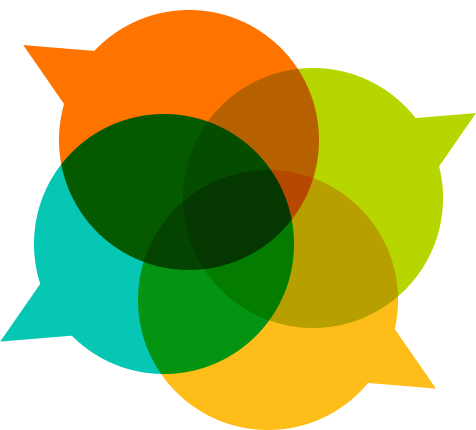Hi everyone,
I came across this article today arguing against MOOC’s. I was just wondering if any of you had any thoughts on what is being said. The article can be found here: http://futureofhighered.org/wp-content/uploads/2013/10/Promises-of-Online-Higher-Ed-Access2.pdf
If I have understood their “report” correctly, their argument against MOOC’s can be summarized as:
- Not everyone has access to technology
- Face-to-face education has better results
- MOOC’s promote elitism, where the “white elite” get face-to-face education, whereas the masses get online training.
This seems truly bizarre to me. Surely without MOOC’s there would be a greater divide between the “elite” that go to university, and the rest that have no other options for higher education? Or am I missing something. To be honest, this group that published the report seems to have a terribly skewed view of online learning, open access to education and MOOC’s. Am I being overly critical, or do others agree with my reaction to this article?
Regards,
Ralfe

